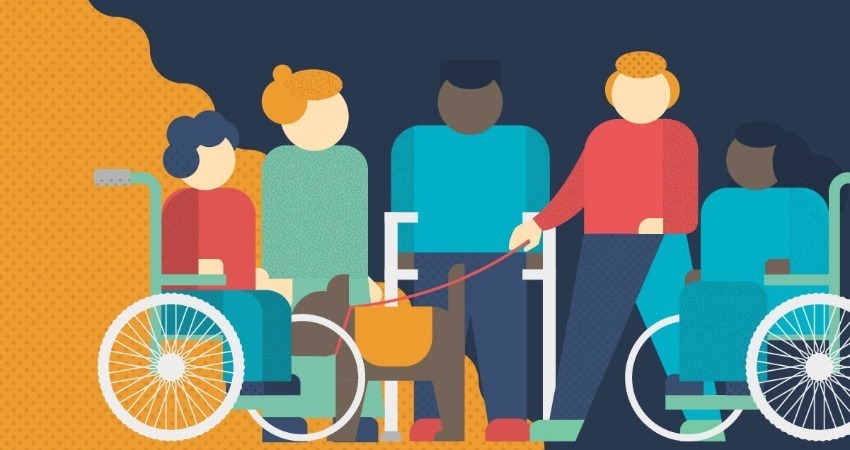Autonomy and Communication Support Assistants: From Hopes of National Inclusion to Widespread De-professionalisation

With Draft Law 236, presented in 2022 by Senator Carmela Bucalo, it seemed that those who have long been providing autonomy and communication support to persons with disabilities (ASACOM)—a role not recognised as school staff despite being carried out within schools—would finally be able to obtain national inclusion within the Ministry of Education, thereby gaining employment rights and professional recognition.
However, over the course of 2025, a series of developments led to a very different outcome. The Joint Conference of the Regions defined new guidelines for ASACOM qualification, establishing a 600-hour training course and an EQF level 4 certification, equivalent to an upper-secondary diploma. Subsequently, the Lombardy Region adopted these guidelines, despite the fact that many municipalities in Lombardy had previously required a university degree to perform this role. The turning point came in July 2025, when Draft Law 236 was amended, removing the prospect of national inclusion and redefining the ASACOM role as a “socio-educational operator” rather than an educational professional. The revised text sets the qualification at diploma level, disregarding the fact that many current professionals hold university degrees and/or specialist training.
As a result, the amendment fails to acknowledge the expertise and training of current practitioners, who will continue to be classified merely as school collaborators and therefore remain without the protections that would have been secured through national inclusion. Indeed, the latter appears to remain the only acceptable option and, as demonstrated by the nationalisation of school collaborators in 2000 and again in 2019, it represents a viable pathway to obtaining greater safeguards and recognition for those who perform the complex and essential work of supporting the autonomy and communication of persons with disabilities.

